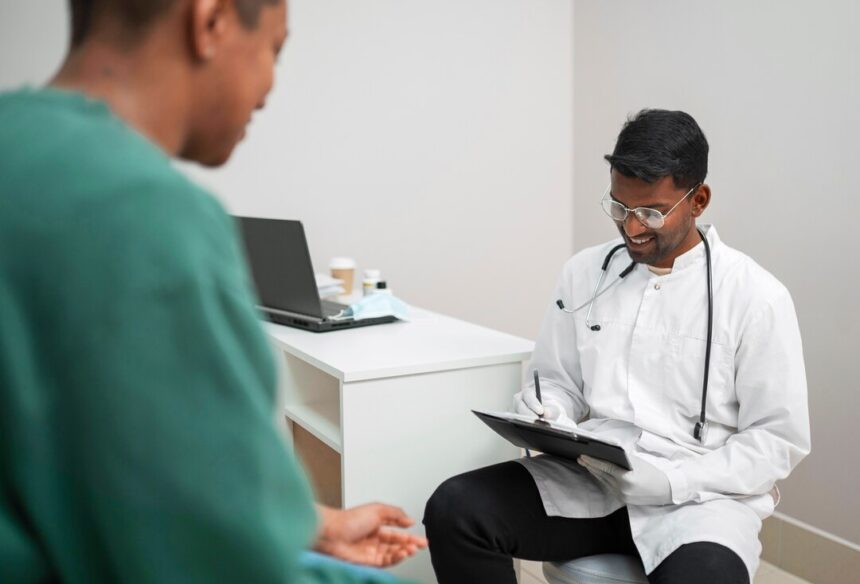Testicular health is a crucial aspect of men’s overall well-being, yet it’s often overlooked or ignored until a problem arises. Testicular conditions can range from benign issues like epididymitis to more serious concerns such as testicular cancer. Understanding the signs and symptoms of testicular problems is essential for early detection and prompt treatment. In this article, we’ll explore the importance of testicular health and how to recognize signs of concern that may indicate the need for medical attention.
Importance of Testicular Health:
The testicles, or testes, are a pair of male reproductive organs responsible for producing sperm and testosterone. Maintaining optimal testicular health is vital for fertility, hormone balance, and overall well-being. Unfortunately, testicular conditions can affect men of all ages, from adolescents to older adults. By prioritizing testicular health and being vigilant about potential signs of concern, men can take proactive steps to address any issues early and prevent complications.
Common Testicular Conditions:
Several conditions can affect the testicles, ranging from minor irritations to serious medical emergencies. Some of the most common testicular conditions include:
- Testicular Torsion: Testicular torsion occurs when the spermatic cord becomes twisted, cutting off blood flow to the testicle. This condition requires immediate medical attention to prevent permanent damage to the testicle.
- Epididymitis: Epididymitis is inflammation of the epididymis, a tube located at the back of the testicle that stores and transports sperm. It can cause pain, swelling, and discomfort in the scrotum.
- Varicocele: A varicocele is a swelling of the veins in the scrotum that can cause pain, discomfort, and infertility. While varicoceles are usually harmless, they may require treatment if symptoms are severe or fertility is affected.
- Hydrocele: A hydrocele is a fluid-filled sac around the testicle that can cause swelling and discomfort. While hydroceles are typically benign, they may require treatment if they become large or cause discomfort.
- Testicular Cancer: Testicular cancer is a relatively rare but potentially serious condition that can occur in one or both testicles. Symptoms may include a lump or swelling in the testicle, pain or discomfort, and changes in the size or shape of the testicle.
Recognizing Signs of Concern:
Being aware of the signs and symptoms of testicular problems is crucial for early detection and prompt treatment. Some common signs that may indicate a testicular issue include:
- Pain or Discomfort: Persistent pain or discomfort in the testicle, scrotum, or groin area should not be ignored and may indicate an underlying problem.
- Swelling or Lump: Any unexplained swelling, enlargement, or lump in the testicle should be evaluated by a healthcare professional, as it may be a sign of testicular cancer or another condition.
- Changes in Appearance: Changes in the size, shape, or texture of the testicle or scrotum should be examined by a doctor, as they may indicate an underlying issue.
- Difficulty Urinating: Difficulty urinating, pain or burning during urination, or blood in the urine may be symptoms of epididymitis or another urinary tract issue.
- Changes in Testicular Sensation: Any changes in sensation, such as numbness, tingling, or a feeling of heaviness in the testicle or scrotum, should be evaluated by a healthcare professional.
Taking Action:
If you experience any signs or symptoms of testicular problems, it’s essential to seek medical attention promptly. Your healthcare provider can perform a physical examination, order diagnostic tests such as ultrasound or blood tests, and recommend appropriate treatment based on the underlying cause. Remember that early detection and treatment can greatly improve outcomes for most testicular conditions.
Testicular health is a critical aspect of men’s overall well-being, and recognizing signs of concern is essential for maintaining optimal health and preventing complications. By staying informed about common testicular conditions, being vigilant about potential symptoms, and seeking medical attention promptly when needed, men can take proactive steps to safeguard their testicular health and enjoy a higher quality of life. Remember, prioritizing testicular health is an investment in your overall well-being and longevity.










